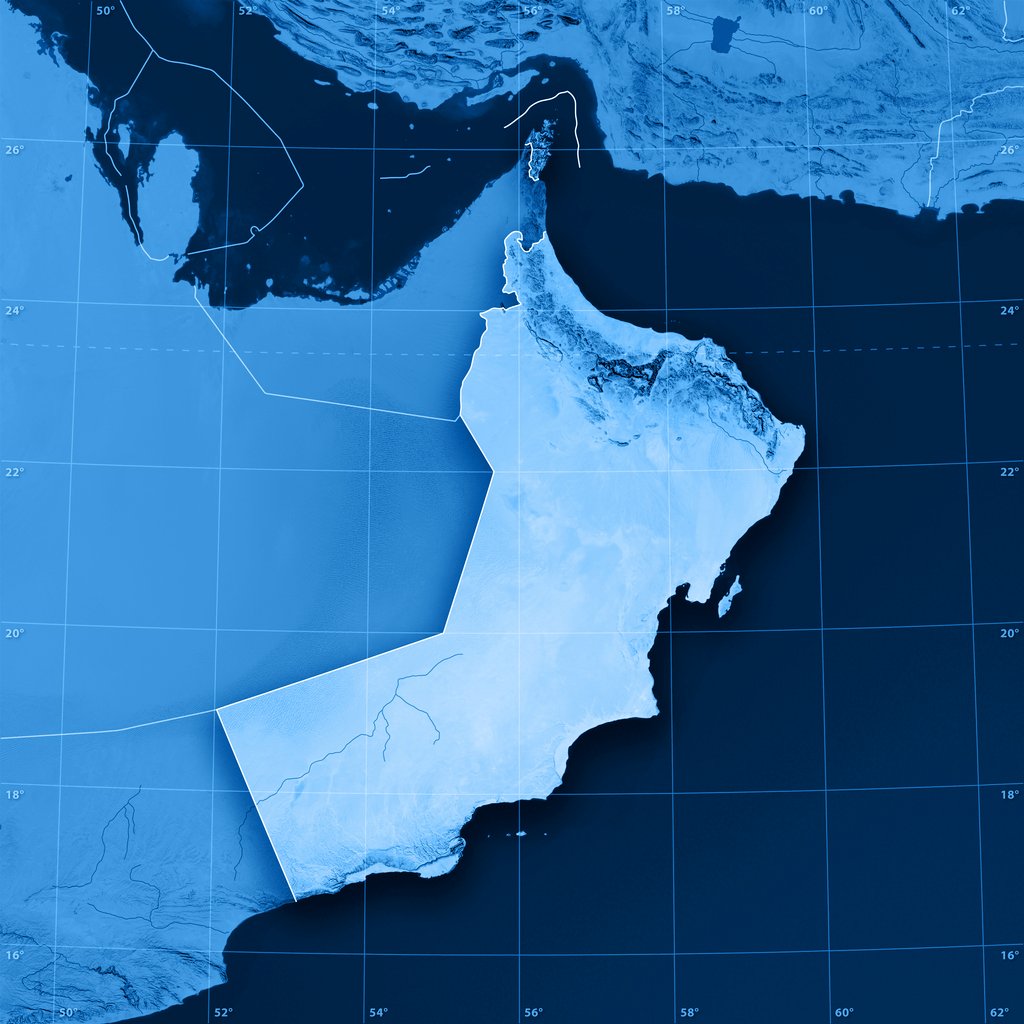The escalation of political strains between the US and Iran seen in recent weeks has added more uncertainty to global energy and shipping markets. The sensitivity arises from the status of the Strait of Hormuz, the 33km-wide sea channel which separates Iran from Oman, and through which around 20% of global oil supply passes.

Tanker traffic through the Strait tends to be smooth and orderly, otherwise oil traders, tanker owners and end users become agitated that supply from Gulf producers could be interrupted. The immediate fear is that Iran might impose some kind of restriction on the Strait, reducing or halting traffic and stranding tankers within the Gulf loaded with oil, or denying access to empty tankers waiting to come into the vital commodity supply centre. Or, in a worst case scenario, the region becomes the scene of military operations.
While concerns have mounted, the current state of market alert stops some way short of the oil crises of the 1970s, when crude oil prices rose dramatically due to political developments in the Middle East. But the memories are still acute. Many economists believe that these successive oil price shocks were partly responsible for long and deep economic recessions.
How does the risk of disruption affect oil and shipping?
Today’s oil market is slightly less reliant on OPEC-supplied oil, largely due to the sharp rise in US oil output. Hence the immediate oil price effects of any crisis in the Gulf may be less dramatic. But, the scale of oil trade through the channel, as well as the more recent and rapid emergence of global LNG trade, nearly 30% of which originates from Qatar, still demonstrate the Strait’s significance.
Most obviously, insurance premiums for vessels operating in the region tend to rise as political conditions become more tense. This adds to the outlay paid by a supplier for any Cost-Insurance-and-Freight (CIF) cargo being negotiated with a customer. Furthermore, if both commodity prices and insurance costs are rising, and indeed if freight rates escalate, this will further impact the settlement exposure and risks faced by traders or suppliers against a buyer.
Many oil refineries and state importers in Asia are affected by this situation. They may find their import costs move higher as credit analysts seek higher-value letters of credit (LC’s) due to stronger underlying oil prices, and perhaps also seek wider “escalation and de-escalation” clauses in LCs if higher price volatility motivates a greater sense of caution.
Oil storage
As well as the effects on financial exposures to counterparties, greater use of oil storage capacity often emerges in times of turbulence. Vopak, OilTanking and other storage operators may see higher demand from oil traders for capacity, with bigger financial exposures as a result. Other effects may include rising use of oil tankers as “virtual” or floating storage capacity, once again as buyers seek to reduce the risk of shortage from any further escalation of tension. More oil held in storage could impact oil prices and tanker rates if more tanker capacity is effectively withdrawn from use, and raises tanker owners’ financial exposures against chartering counterparties.
Motivations for storage of oil vary. Large oil importers often buy for storage when oil prices are low, and reduce buying when prices rise. However, China’s Strategic Petroleum Reserve (SPR) is being expanded in part to guard against supply shocks or performance risk triggered by political instability, and India is likely to expand its SPR for similar reasons. Hence, importers such as Unipec and Indian Oil Corporation (IOC) may be more active at times of political stress, shipping more cargoes than usually expected considering seasonality or underlying economic needs.
LNG
While the oil market is “accustomed” to the tensions surrounding the Strait, it is interesting to note that the LNG market appears a little more relaxed. LNG prices have remained stable, and the relaxed view may reflect the steady flow of new sources of LNG, which may calm fears of limitations to supply should disturbances to LNG carrier movements through Hormuz emerge. But, as with oil tankers, LNG carriers could become more routinely used as storage for reasons related to political volatility, as well as to hold commodity off the market when LNG prices are low. Hence, while risk analysts in LNG may not have had much to worry about so far, if political tensions rise, and Autumn approaches, all of that may change.
Dry Bulk
Dry Bulk has had its fair share of geopolitical irritations in 2019, and many sectors can ill-afford further disruption. With the Gulf's dry bulk trades being dominated by import and export activity generated by end users and producers (rather than traders), cargo volumes are expected to remain stable as demand is sustained. Sources also report that rate increases caused by owners seeking to avoid the market have been somewhat mitigated by the seasonal lull in demand. However, owners and operators need to be able to pass on the very significant increases in additional war risk premiums (these potentially doubling if trades into the region take longer than the usual seven-day cover), with both likely to be closely reviewing charter parties and contracts of affreightment to establish where responsibility for these costs lie.
Containers
Container vessel owners and operators have contended with increased piracy in the region in recent years, and the sanctions with Iran have not helped their plight, given that it was the number two market in terms of volumes on the headhaul route out of Asia. With freight rates on the trade notably below what could be considered as break-even, it is no surprise that some liner companies have just announced a war risk surcharge in order to cover increased costs on hull insurance. French liner, CMA CGM was first to implement this, charging USD 36 per TEU and X-Press Feeders has given notice of its intention to levy lines directly. Should difficulties in the region persist or escalate, leading to increased premiums, this could also mean that operators serve alternative ports to Jebel Ali and Abu Dhabi.
Infospectrum's team has extensive experience in providing pre-contract due diligence and consultancy to the shipping, logistics and commodity trading sectors. If you are interested in discovering how our expertise can support your organisation, click the button below to get in touch.


